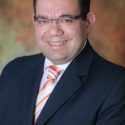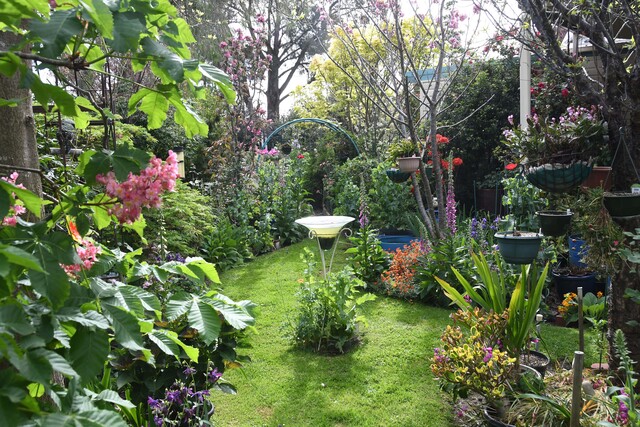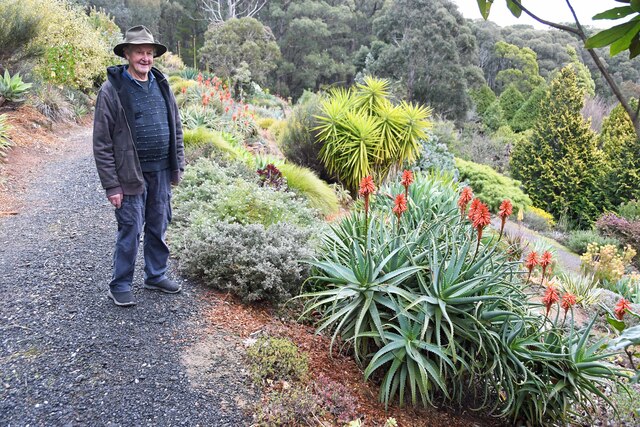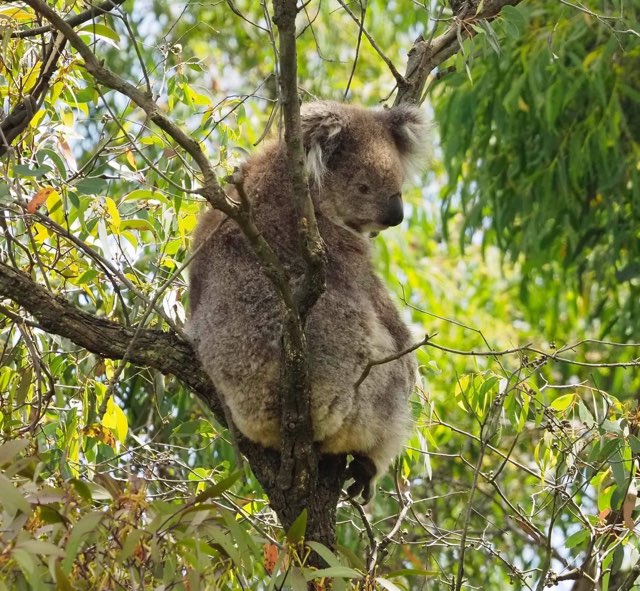By Victoria Stone-Meadows
The City of Casey Council will use data on the cultural and ethnic backgrounds of alleged criminals in the Casey area for a submission to a parliamentary committee in a move some have called racial profiling.
The plan was raised by Casey mayor Sam Aziz and seconded by Cr Rosalie Crestani at a council meeting on Tuesday 21 February with only Councillor Steve Beardon dissenting to the idea.
The data will be used as the basis of a written submission to the Joint Standing Committee on Migration and will focus on the cultural background of alleged criminals in Casey.
Cr Aziz said the submission would include details of social programs council runs to help multicultural youth in the community as well as the cultural demographics of alleged criminals.
“It will also include any community safety statistics that are given to council by police, which would demonstrate the demographics of criminal activity in the municipality, including crimes perpetrated by CALD (culturally and linguistically diverse) communities.”
However, AMES Australia which provides settlement support programs to people in the south-east have said singling out particular ethnic groups would not help fight crime.
“It can have a negative effect on social cohesion within our communities and it can victimise and isolate particular groups of people,” an AMES spokesperson said.
“If there is an issue with disengaged youth, perhaps we should be looking at the reasons behind that and trying to find ways to provide opportunity and meaningful engagement for young people.”
“Simply blaming particular groups of people is not a solution.”
Cr Aziz said he wasn’t worried about his motion and subsequent submission causing offence to anyone and thought it was wrong to deny it if one section of the community were the cause of criminal activity.
“I still support a deportation rule for dual citizens for kicking Australia in the face by coming here and committing these crimes,” he said.
“I am sorry for many residents who were subjected to home invasions and suffered insecurity in their own homes and this is an opportunity for us as the largest city in Victoria to shake up the agenda and contribute to Federal Parliament.”
Cr Steve Beardon said he was concerned with the flow-on effects of such a submission.
“Focusing on the demographics of criminal activity has me concerned along the lines of cultural profiling which I see as a major concern in my community,” he said.
“That may not be the intent of this motion but I cannot support it.”
La Trobe MP Jason Wood is chairman of the Joint Standing Committee on Migration and said there needed to be a comprehensive investigation into who was committing crimes in the region.
“Everyone knows this is happening and we need facts and figures to support it – we can’t manage if can’t measure it,” he said.
Mr Wood said the data supplied by Casey Council and sourced from Victoria Police would give the committee a better understanding of who crime was being committed by.
“Victoria Police needs to give us the actual data and that may come through other agencies to determine how big the problem is,” he said.
“For example, you have a person on a visa who commits crimes who gets apprehended by police and it is not automatic that the Immigration Department gets notified and so there is no intervention or warning.”
“Normally by the time the person is in custody it’s not too late and can have their visa cancelled, we need the information to figure out the extent of migrants that are committing offences.”
Statistics currently being used by the joint standing committee from the Victorian Crime Statistics Agency show that the country of birth of most people who commit crimes in Victoria is Australia.
People born in Australia accounted for 138,763 criminal offences during the October 2015 to September 2016 period
This is compared to the second highest nationality of New Zealand with 4044 offences and third highest Sudan with 2675 offences.
Mr Wood also said the committee would be making recommendations about needed community services based on the ethnicity of unsettled migrant groups.
“The majority of people having issues are those who have come to Australia and have a lack of English and education leading to a lack of employment,” he said.
“It means if one community group is committing crimes because they can’t get jobs, there is discrimination against that group in particular. At the moment it’s Muslims not getting jobs and they are changing their names on their applications to get work.”
“The local community businesses need to take up the challenge to hire someone who has the skills but is on a humanitarian visa.”







